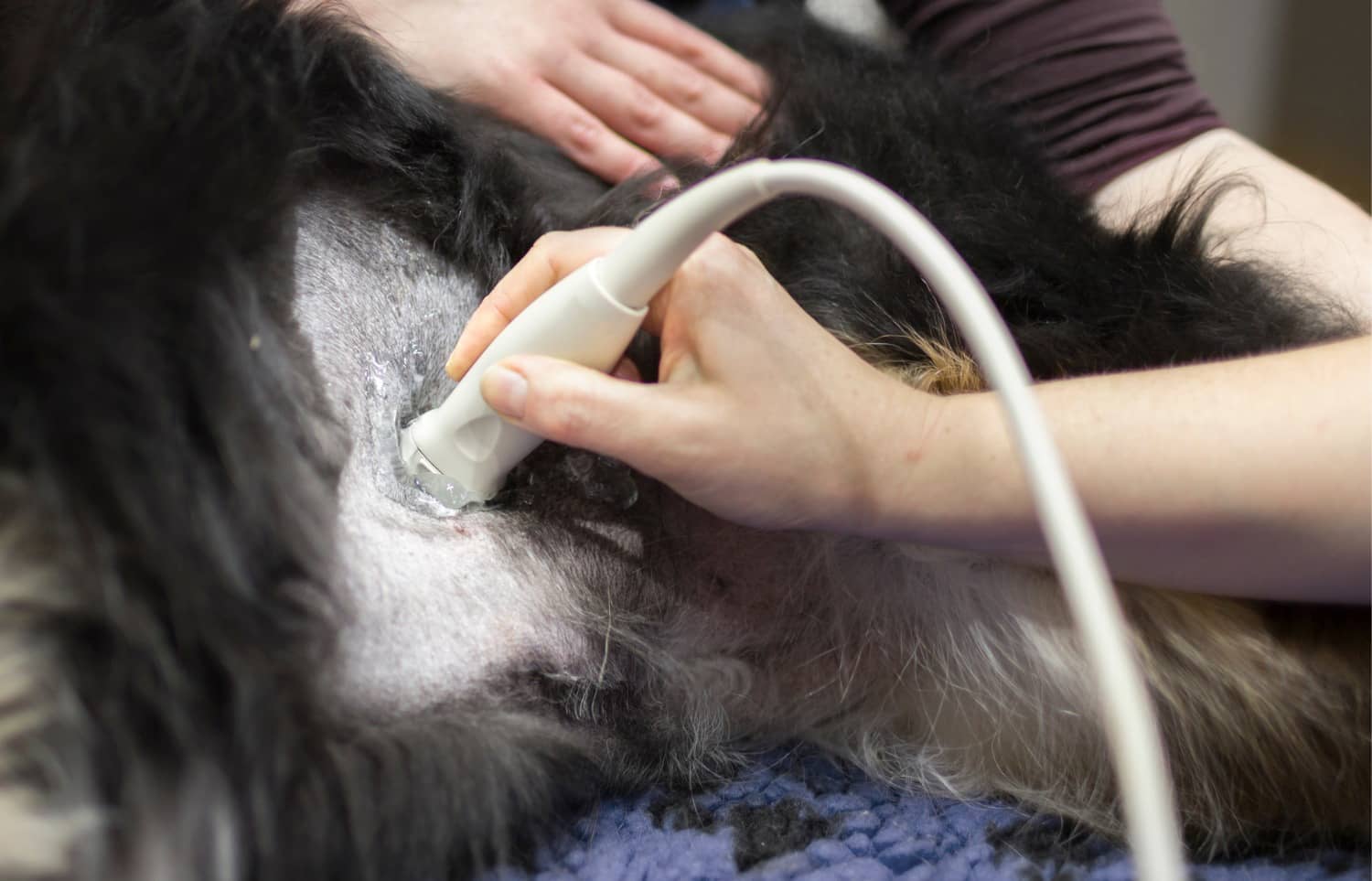
Welcoming a litter of puppies into the world is a heartwarming experience. However, there are times when our canine companions may unexpectedly refuse to give birth. This article delves into the puzzling scenario of a “Dog Refused to Give Birth,” exploring its possible causes, solutions, and what to do when your furry friend needs assistance. Let’s unravel this enigma together and ensure the well-being of the mother and her potential pups.
Table of Contents
Dog Refused to Give Birth: Unpacking the Mystery
Experiencing a situation where a dog rejects the birthing process is not only perplexing but also concerning. This unexpected behavior might stem from various factors that require careful consideration.
Why is My Dog Refusing to Give Birth?
It’s common for a dog to refuse to give birth, and several reasons could be at play. Anxiety, stress, health complications, or an uncomfortable environment might discourage a dog from proceeding with labor. Furthermore, a lack of maternal instincts or previous traumatic experiences could contribute to this refusal.
How Do You Help a Dog That Can’t Give Birth?
When faced with a dog hesitant to give birth, it’s crucial to approach the situation with empathy and a level head. Consulting a veterinarian is the first step. A professional evaluation can determine whether any underlying health issues are causing the reluctance. Depending on the diagnosis, medical interventions, adjustments to the birthing environment, or behavioral therapy might be recommended.
What Happens if a Dog Doesn’t Give Birth?
If a dog refuses birthing without intervention, serious health risks could arise for the mother and her unborn puppies. Prolonged labor can lead to exhaustion, fetal distress, and even stillbirth. Timely veterinary assistance is essential to prevent these complications and ensure safe delivery.
How Can I Help My Dog Push Her Puppies Out?
Supporting your dog during labor can make a significant difference. Create a calm and comfortable space for her, offering reassurance through soothing words and gentle petting. Keep a watchful eye, but avoid intervening excessively. Most dogs instinctively know how to deliver their pups, and interfering too much can disrupt the process.
Insights and FAQs
Q: Can stress really cause a dog to refuse to give birth?
A: Absolutely, stress can significantly impact a dog’s birthing process. Just like in humans, stress hormones can impede labor progression.
Q: Should I attempt to assist in the delivery if my dog is hesitant?
A: While it’s natural to want to help, it’s best to let nature take its course initially. However, if any complications arise, please consult a vet immediately.
Q: What if my dog’s refusal to give birth is due to a medical condition?
A: If a medical issue is identified, your veterinarian will guide you through the necessary treatments or procedures to ensure a safe delivery.
Q: Can a previous traumatic birthing experience affect my dog’s current labor?
A: Traumatic past experiences can lead to anxiety and reluctance in the current birthing process. Providing a calm environment can help ease these fears.
Q: Are there any signs I should watch for that indicate my dog is struggling with labor?
A: Yes, signs of distress include prolonged straining without progress, visible exhaustion, restlessness, and excessive panting. If you notice any of these, please feel free to seek immediate veterinary care.
Q: How can I create a suitable birthing environment for my dog?
A: Choose a quiet, secure space away from noise and disruptions. Provide soft bedding, warmth, and privacy to help your dog feel comfortable.
Conclusion
Witnessing a dog refuse to give birth can be a daunting experience, but understanding the potential reasons and taking proactive measures can make a significant difference. By addressing stressors, seeking professional guidance, and creating an optimal environment, you can support your canine companion through this delicate process. Patience, empathy, and veterinary care are vital in ensuring a safe and successful delivery for the mother and her precious puppies.








Comments (1)
Finleysays:
30/09/2023 at 07:58What are some possible reasons why a dog would refuse to give birth?